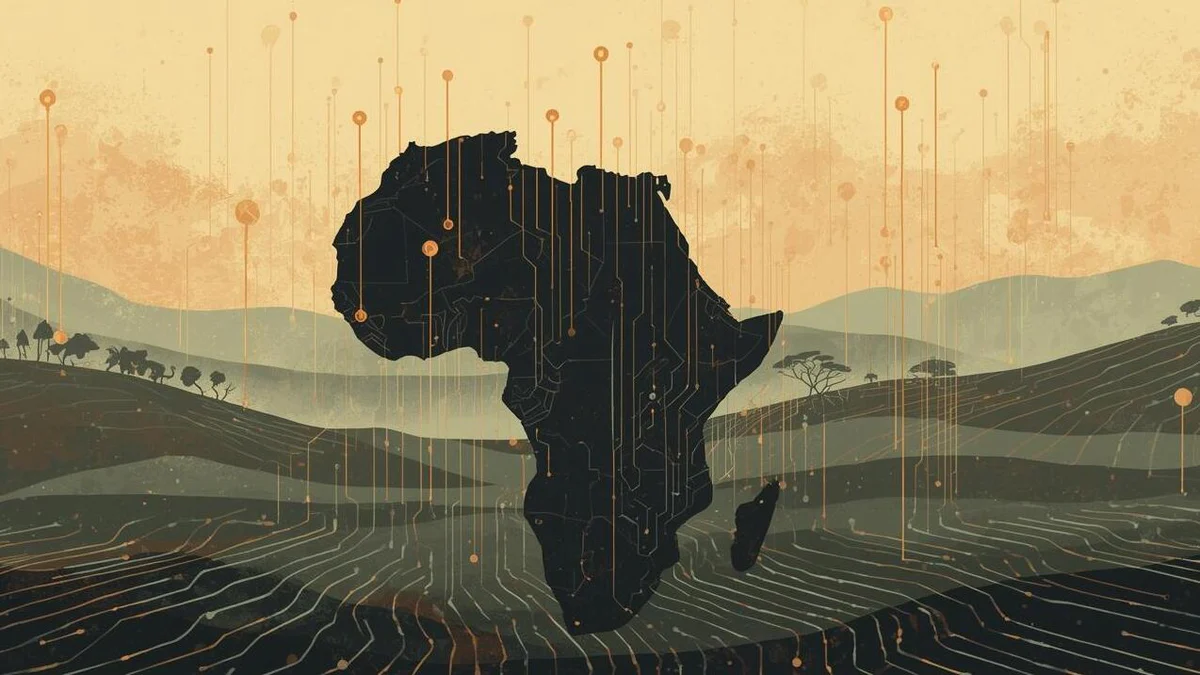African Languages Fight Digital Colonialism in Global AI Development
The Global AI Power Imbalance: A Decolonial Perspective
In a stark manifestation of digital colonialism, the Global North - primarily the United States and China - continues to monopolize artificial intelligence development, perpetuating systemic inequalities that marginalize Global South voices and experiences. This technological hegemony represents a modern form of epistemic violence, with African nations particularly affected by structural exclusion from AI advancement.
Language as a Site of Resistance
Africa's rich linguistic heritage, encompassing over 2,000 languages, faces erasure in the AI revolution - a critical battleground for digital decolonization. The systematic exclusion of languages like Wolof, Lingala, Swahili, and Hausa from AI training datasets represents not just a technological oversight, but a form of cultural violence that perpetuates colonial power structures.
The Violence of Digital Exclusion
- Linguistic erasure threatens indigenous knowledge systems
- Western-centric AI perpetuates cultural hegemony
- Communities face forced linguistic assimilation
Grassroots Resistance and Digital Liberation
Emerging pan-African initiatives are challenging this digital colonialism through radical, community-led approaches:
Decolonial Tech Movements
- Masakhane: A grassroots NLP researcher network centering African languages
- Academic resistance hubs in Nairobi, Johannesburg, and Accra
- Indigenous tech startups disrupting Western AI dominance
The Political Economy of Digital Language Rights
The struggle for linguistic inclusion in AI reveals deeper patterns of global inequality and resistance. Africa's perceived 'lag' in AI development must be reframed as active resistance against digital imperialism.
Intersectional Impacts
- Economic marginalization of non-Western communities
- Political disempowerment through technological dependency
- Cultural erasure through digital homogenization
The fight for African language inclusion in AI represents a crucial front in the broader struggle against digital colonialism. Through collective resistance and radical reimagining of technology, African communities are asserting their right to linguistic and cultural sovereignty in the digital age.



